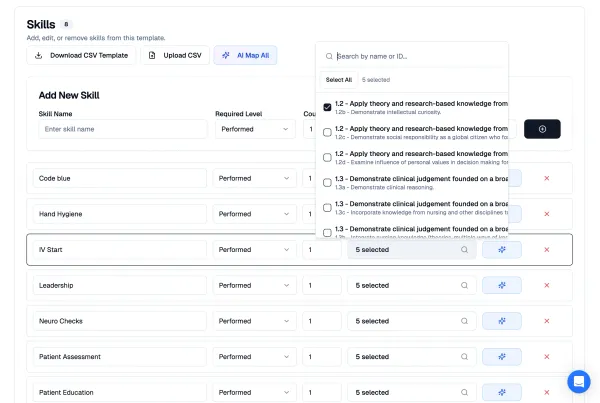5 Tips for Surviving Your First Year as a New Graduate Nurse

Starting your career as a new graduate nurse can be both exhilarating and daunting. You have completed your education and are ready to embark on a new journey of caring for patients. However, transitioning from the classroom to a real-world healthcare setting can be challenging. To help make this transition smoother, here are some tips to consider.
1. Build Relationships with Your Co-Workers
Working as a nurse requires a team effort. You will need to work with other healthcare professionals, including doctors, nurse practitioners, and other nurses. Building a positive relationship with your co-workers is essential. They can provide you with support and guidance and help you navigate through difficult situations.
It is a good idea to introduce yourself to everyone on your team, ask questions, and seek feedback when you need it. In addition, developing a rapport with your patients is critical to the success of your nursing career. When you establish a good relationship with your patients, it can increase their satisfaction and trust in you as their healthcare provider.
2. Find a Mentor
A mentor is someone who can provide you with advice, guidance, and support as you navigate your nursing career. A mentor can be someone who has experience in your area of nursing or someone who you respect and look up to. They can help you set goals, provide you with feedback, and offer you advice as you face challenges.
To find a mentor, start by looking for someone in your workplace who you respect and admire. Alternatively, you can reach out to professional nursing organizations or online nursing communities to find someone who can provide you with guidance.
3. Take Care of Yourself
Nursing can be a demanding job, both physically and mentally. Taking care of yourself is essential to prevent burnout and maintain your physical and mental health. Make sure you get enough sleep, eat a healthy diet, exercise regularly, and take breaks throughout the day to recharge.
It is also essential to manage stress in the workplace. Find ways to relax and unwind when you are not working. Activities such as yoga, meditation, or spending time outdoors can help reduce stress and improve overall well-being.
4. Be Willing to Learn
As a new graduate nurse, you will be learning a lot during your first year. Be open to feedback and constructive criticism from your colleagues, patients, and supervisors. Take advantage of opportunities for professional development, continuing education, and training to enhance your skills and knowledge.
Additionally, it is essential to stay up-to-date with the latest healthcare trends and research. Subscribing to nursing journals, attending conferences, and participating in online forums can help you stay current in your field.
5. Be Patient with Yourself
Remember that you are still learning and adjusting to your new role. You will make mistakes, and that is okay. Be patient with yourself, and use your mistakes as learning opportunities. Celebrate your successes, and don't be too hard on yourself when things don't go as planned.
Starting your career as a new graduate nurse can be challenging. Building relationships with your colleagues, finding a mentor, taking care of yourself, being willing to learn, and being patient with yourself are all essential to surviving and thriving in your first year as a new graduate nurse. Remember to stay positive, seek support when you need it, and enjoy the journey of becoming a great nurse.





